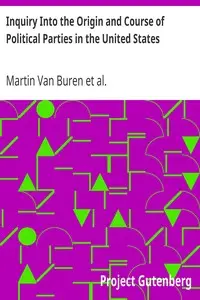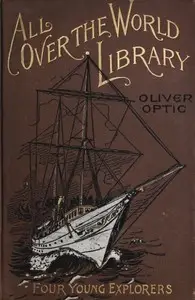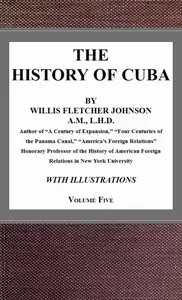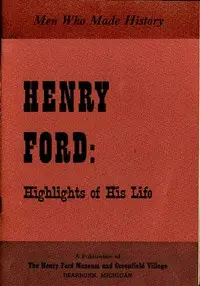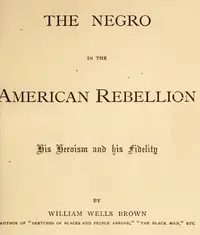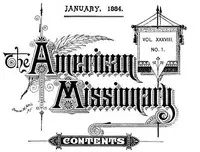"State of the Union Addresses" by Martin Van Buren is a collection of political speeches aimed at the U.S. Congress, delivered during the late 1830s. The addresses encapsulate the key concerns and achievements of the Van Buren administration during a tumultuous period in American history marked by economic challenges and evolving foreign relations. The speeches tackle a range of topics, including domestic tranquility, economic prosperity, and interactions with foreign governments, reflected in the president's desire to maintain peace and stability. At the start of the collection, Van Buren expresses gratitude for the nation's progress and addresses the conditions of public health and economic recovery. He discusses the challenges of foreign relations, particularly with Great Britain and Mexico, and emphasizes the importance of a pacifist approach to international disputes. The opening portion outlines key issues such as the need for resolution regarding territorial disputes and the importance of the United States' foreign policy that has historically prioritized negotiation over conflict. Overall, these addresses provide insights into Van Buren's vision for a peaceful and prosperous America while acknowledging the difficulties faced at home and abroad. (This is an automatically generated summary.)

State of the Union Addresses
By Martin Van Buren
"State of the Union Addresses" by Martin Van Buren is a collection of political speeches aimed at the U.S. Congress, delivered during the late 1830s. ...
Martin Van Buren was the eighth president of the United States, serving from 1837 to 1841. A primary founder of the Democratic Party, he served as New York's attorney general and U.S. senator, then briefly as the ninth governor of New York before joining Andrew Jackson's administration as the tenth United States secretary of state, minister to Great Britain, and ultimately the eighth vice president from 1833 to 1837, after being elected on Jackson's ticket in 1832. Van Buren won the presidency in 1836 against divided Whig opponents. Van Buren lost re-election in 1840, and failed to win the Democratic nomination in 1844. Later in his life, Van Buren emerged as an elder statesman and an anti-slavery leader who led the Free Soil Party ticket in the 1848 presidential election.


